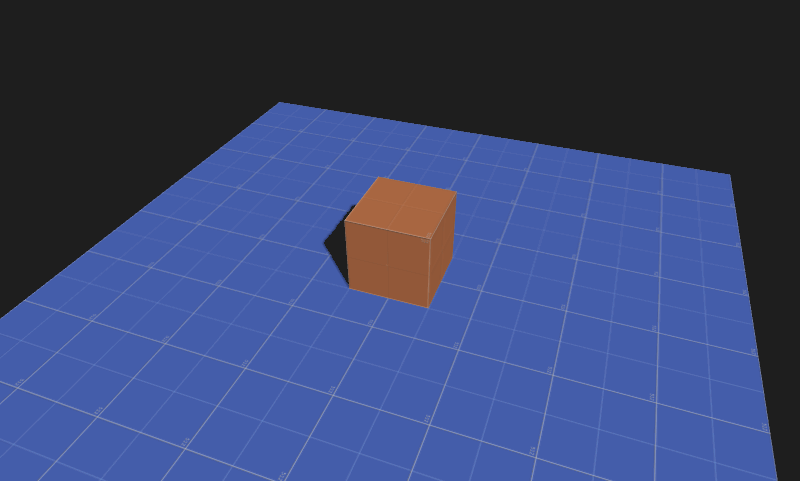WebVR Lab launches with Chrome 56 for Daydream
Today we're excited to launch the WebVR Lab, a living project built by the PlayCanvas team to help developers learn about creating scalable and responsive WebVR applications for all devices.
Try the lab right now:



